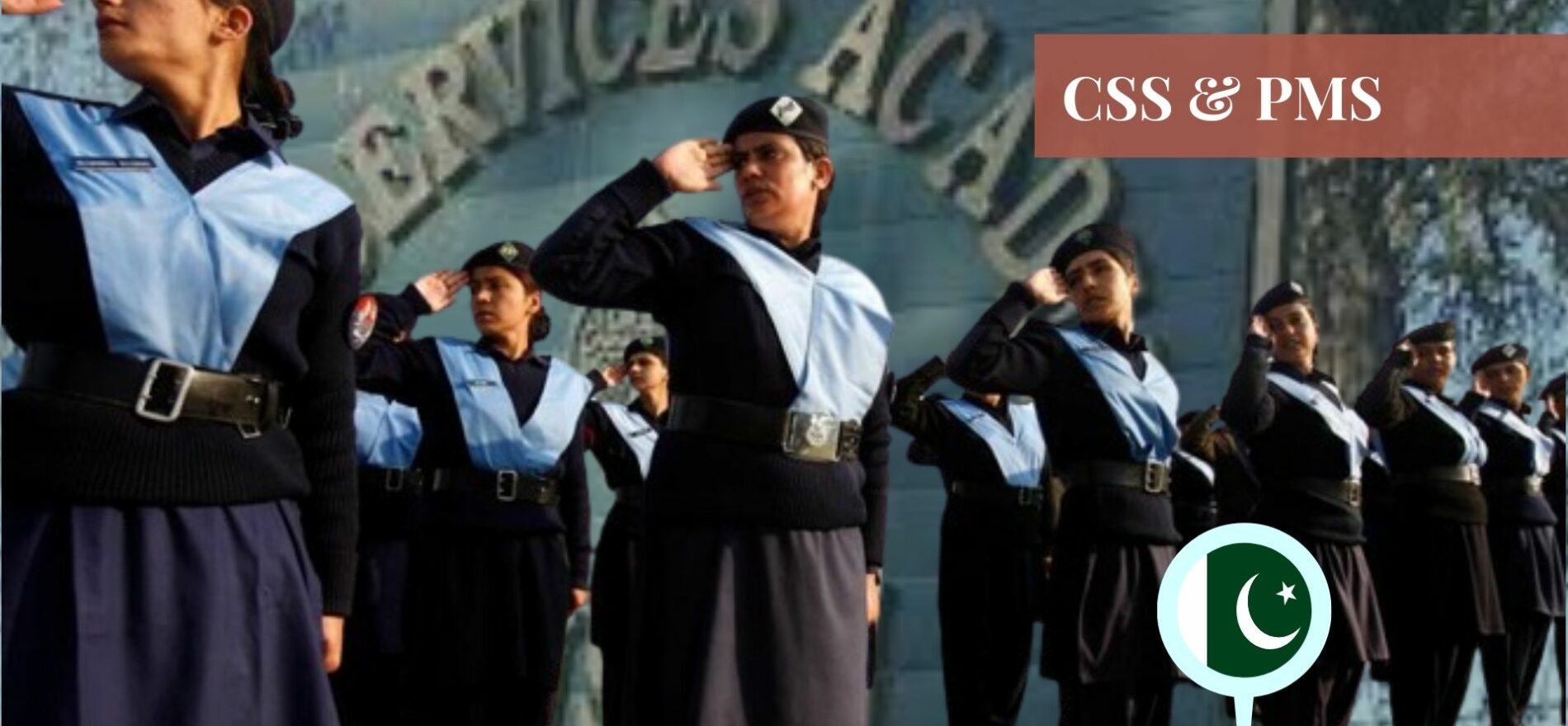Torchbearer CSS Academy – TBA Karachi ignites aspirations and transforms them into valuable knowledge and enthusiasm. They magnify talents and carve abilities to achieve dedicated success, by providing quality education for competitive exam aspirants who believe in themselves and their goals.
Introduction
Joining the civil services of Pakistan can be a highly rewarding career path, but it requires careful consideration and preparation for the CSS exam. Before embarking on this journey, it is essential to assess your commitment and energy for the job. Serving in civil services demands a consistent dedication to public service and a willingness to work towards the betterment of Pakistan.
Eligibility Criteria
Joining the civil services of Pakistan is a process that involves several steps, and the first and foremost step is to determine if you meet the eligibility criteria for the CSS exam. Typically, the eligibility criteria include age, educational qualifications, and nationality requirements.
Exam Preparation
To succeed in the CSS exam, you will need to study a wide range of subjects, including Pakistan’s history, current affairs, and administrative law. The course structure tested in these examinations includes a list of subjects that you will need to pass.
Upon successfully passing all courses, you will be given employment in one of the following civil service sectors: Commerce and Trade Group, Pakistan Customs Service, Pakistan Administrative Service, Foreign Service of Pakistan, Inland Revenue Service, Information Group, Military Lands and Cantonment Group, Office Management Group, Pakistan Audit and Accounts Service, Police Service of Pakistan, Postal Group, and Railways (Commercial and Transportation) Group.
MCQ-Based Preliminary Test
The Multiple Choice Questions (MCQs) portion of the CSS exam in Pakistan is known as the MCQs-based written test or MPT of CSS. This 200-mark exam comprises two papers: General Knowledge and Ability and Current Affairs.
The syllabus for the General Knowledge and Ability paper includes subjects such as English, Urdu, Islamic studies, ethics (for non-Muslims), mathematics, general knowledge, and analytical reasoning, while the syllabus for the Current Affairs paper includes subjects such as Pakistan affairs, international affairs, and current events.
Consistent practice is a crucial tip to cracking the CSS exam. It is recommended to solve as many MCQs as possible from previous years’ question papers, mock tests, and online resources. Students should try to solve the Mathematics portion last as it can be time-consuming. When attempting the paper, it is essential to manage time effectively as time management is crucial for the MCQs portion of the CSS exam.
The CSS Written Exam
The CSS written examination is the second stage of the CSS exam in Pakistan and consists of six compulsory papers and six optional papers. Two papers are held in a single day. The written examination is a 1200-mark exam, with 600 marks allocated to compulsory papers and 600 marks to optional papers. These 12 papers are held on six consecutive days at a centre allocated by FPSC. Qualifying marks for the compulsory papers is 40% and for optional papers, it is 33%
Solving CSS Exam Papers
Each paper of the CSS written exam is three hours long, and there are six compulsory and six optional papers, held on six consecutive days at a respective centre allocated by the FPSC of Pakistan. The first two papers are English essays as well as précis and composition.
Students are required to choose one essay from eight to ten options and write a well-structured essay in three hours, with a clear outline, introduction, and arguments that justify their stance on the respective topic. This paper can be challenging due to incomplete preparation, difficulty in cracking the essay topic, and managing time. The second paper is English précis and composition, which requires proficiency in English grammar.
The other ten papers consist of an objective section (20 marks) and seven subjective questions. Students must answer four subjective questions. The CSS-written papers cover a wide range of topics, events, and subjects, with some papers being analytical and others being factual. To succeed in the exam, time management is vital when attempting the questions. Extra efforts, such as graphical representation and relevant maps, can help students pass the exam with flying colors.
Psychological Assessment Test (PAT)
Before the interview, candidates are required to take a Psychological Assessment Test (PAT). This test evaluates individuals through written tasks and group activities, providing insights into their psychological makeup and assessing their suitability for a particular role or situation. The written task requires candidates to express their thoughts on a given topic, question, picture, or scenario, and trained psychologists carefully analyze each response, examining the words and lines written by the candidate.
This process allows them to gain insight into the candidate’s thought process, personality traits, and emotional stability, among other factors. Overall, the PAT is an essential component of the selection process, providing valuable information to assess the candidate’s potential for success in the civil services of Pakistan.
Panel Interview
The final merit list is prepared based on the results of the written examination, the PAT, the interview, and the medical examination. The candidates who score the highest marks in these stages are offered employment in the civil services of Pakistan in various groups. It is important to note that becoming a part of the civil services of Pakistan is a highly prestigious and fulfilling career, but it requires dedication, hard work, and consistent effort.
Common Training Program (CTP)
The basic training at the Civil Services Academy (CSA) in Lahore focuses on developing the knowledge, skills, and attitudes required for a career in civil services. It covers a wide range of subjects, including governance, economics, international relations, law, management, and public policy. The training program consists of classroom lectures, group discussions, case studies, field visits, and other experiential learning activities.
During the training, candidates are also exposed to various aspects of Pakistani society and culture to enable them to understand the diverse needs and aspirations of the people they will serve as civil servants. The training at CSA Lahore also emphasizes the development of leadership, communication, and interpersonal skills to enable candidates to effectively interact with colleagues, superiors, and citizens.
Special Training Program (STP)
The Special Training Program (STP) is a mandatory training program for candidates who have completed their Common Training Program. The National School of Public Policy (NSPP) conducts the STP to provide practical training in respective cadres in designated institutions. Over the course of six months, the STP covers a wide range of topics, including management, leadership, public policy, governance, and administration.
To excel in the STP, candidates should be proactive, enhance their networking skills, manage their time effectively, and participate in extracurricular activities. Some famous academies for the STP are the National Police Academy, Foreign Service Academy, Pakistan Railway Academy Walton, and the Information Group Academy, among others.
Overall, this examination requires patience, consistency, decisiveness, and an eagerness to achieve something bigger. Candidates who possess these abilities will easily crack all phases of the competitive examinations.
If you want to submit your articles, research papers, and book reviews, please check the Submissions page.
The views and opinions expressed in this article/paper are the author’s own and do not necessarily reflect the editorial position of Paradigm Shift.



















